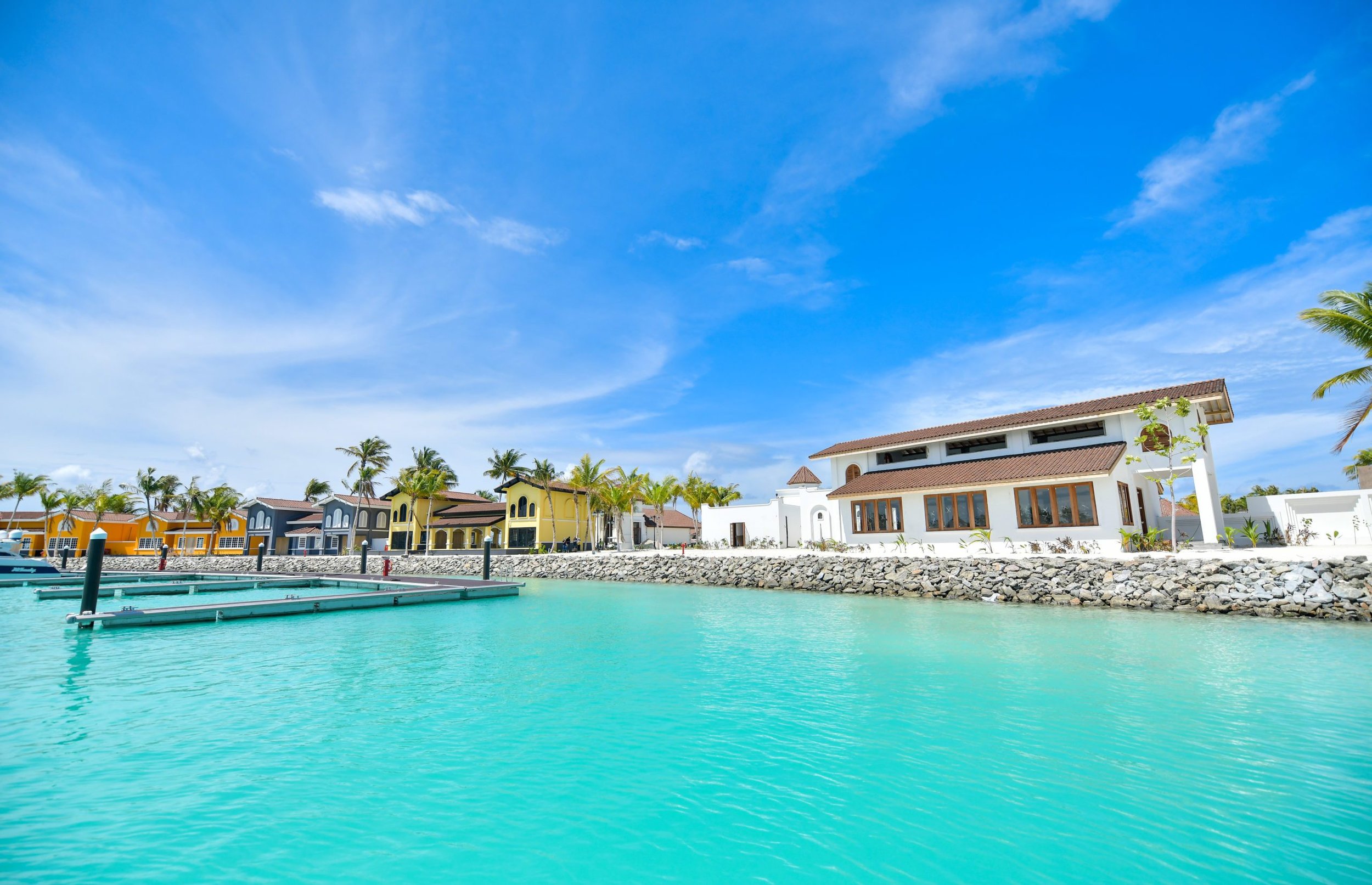Protecting your foreign investment
7 factors to consider
Investment protection is of the upmost importance for a person looking to make an investment, whether domestically or abroad. Here we provide a brief overview of 7 factors that may enhance the protection of a foreign investment into the Maldives. Each of these, along with other avenues for investment protection available for specific investments or investors, will need to be considered on a case by case basis for each investment.
1. Arbitration may be used for resolution of disputes
Arbitration may be used as a means of dispute resolution, including in relation to contracts involving the government or other public sector bodies. The courts have upheld arbitration clauses in contracts, including where a foreign arbitration centre has been specified, and have refused to hear the matter unless arbitration has been resorted to.
2. In most instances the court will enforce foreign arbitral awards
The Maldives has signed but not ratified the Convention of the Recognition and Enforcement of Foreign Arbitral Awards New York 1958 (New York Convention) and has not signed the Convention on the Settlement of Investment Disputes between States and Nationals of Other States 1965 (ICSID Convention).Notwithstanding this, the practice has been to recognise foreign arbitral awards and the courts has previously enforced foreign arbitral awards pursuant to the Arbitration Act.[1] The Arbitration Act does specify certain circumstances in which the court will not enforce a foreign arbitral award, including if the arbitration was conducted differently than agreed by the parties, or if the enforcement of the award will result in an encroachment on Maldivian Law.
3. Contracts may be governed by a foreign law
The Contracts Act permits contracts for business activities in the Maldives, or with Maldivian counterparts (including the government and other public sector bodies), to be governed by any law of the parties choosing. However, to enforce a foreign judgment in the Maldives the judgment must be submitted as a new action in a Maldivian court and a new judgment of the Maldivian court given before it can be enforced.
4. Government guarantees may be given in certain circumstances
The government is able to grant guarantees, provided that the guidelines made under the Public Finance Act are followed. The guidelines provide that the parties eligible to apply for a sovereign guarantee are state owned enterprises and private companies (but only for tourism related projects and where the effective rate of interest is not more than 4%).
5. Sovereign immunity may be waived
The Maldives does have a doctrine of sovereign immunity from suit. However, sovereign immunity can be waived, and in practice for commercial contracts is regularly waived, by the relevant government and other public sector body.
6. An applicable treaty may provide additional investment protection
The government has been seeking to establish a broad bilateral investment treaty (BIT) network.At present, the Maldives is party to:
- a BIT with the Unites Arab Emirates that was entered into in late 2017;
- a free trade agreement with China entered into in late 2017; and
- The Agreement on Promotion, Protection and Guarantee of Investment among Member States of the Organization of the Islamic Conference.
The terms of the Maldives-UAE BIT have not yet been made publicly available, but it is understood that a key matter provided for in the BIT is the protection of investments by UAE companies and individuals in the Maldives.The Maldives-China free trade agreement includes a specific chapter on investment, in which the parties provide for investment protection, including against expropriation, national treatment and most favored nation treatment, as well as providing for dispute resolution.The Agreement on Promotion, Protection and Guarantee of Investment among Member States of the organization of the Islamic Conference provides for investment protection, amongst other things.The government is also currently negotiating the terms of a free trade agreement with Hong Kong. The Maldives-Hong Kong free trade agreement is anticipated to include a chapter on investment protection.
7. The Constitution provides for protection of private property against expropriation
Article 40(b) of the Constitution provides that:“Private property shall be inviolable and may only be compulsorily acquired by the State for public good, as expressly prescribed by law, and as authorized by order of the court. Fair and adequate compensation shall be paid in all cases, as determined by the court.”There are very few examples of the government exercising its right to compulsorily acquire property and for determination by court. It is most common that a mutually beneficial agreement is reached between the government and the owner of the property.International Construction Consortium v Gasveli Island Pvt. Ltd (1197/CV-C/2013)
DISCLAIMER
The contents here are general in nature and are provided for information purposes only. Its contents do not constitute professional legal advice. Every user is requested to seek independent professional advice in specific matters.


